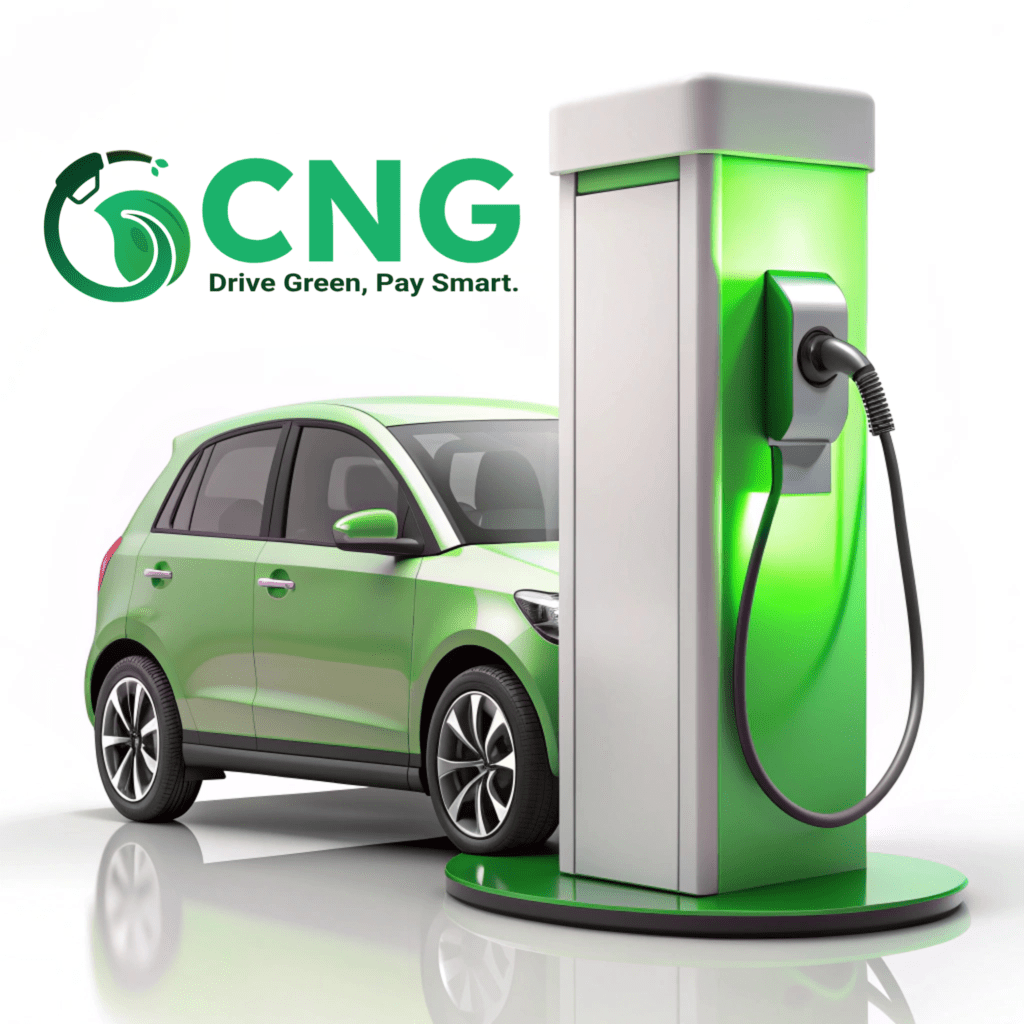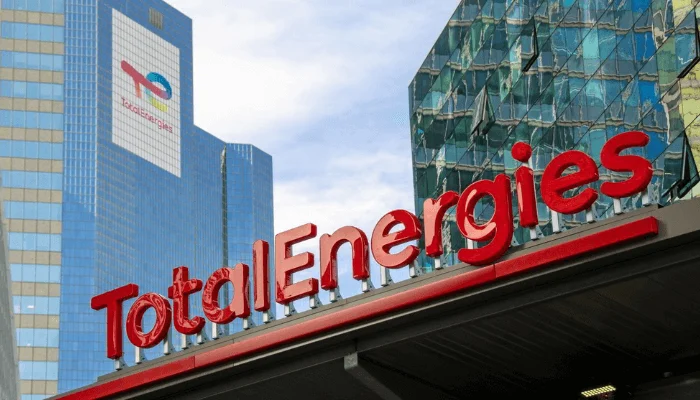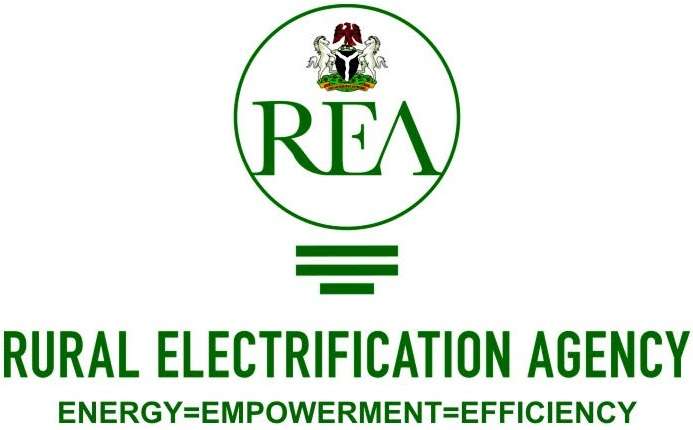Compressed Natural Gas (CNG) is quickly becoming a cornerstone of Nigeria’s energy transition. As fuel prices continue to soar and environmental concerns grow more urgent, the nation’s shift toward CNG represents not only a cost-saving solution but a significant step toward sustainable infrastructure development.
This rapid development is not just about fueling cars. It is about fueling opportunity. The rollout of new refueling stations, the creation of thousands of jobs, and the stimulation of both public and private investment reflect the growing recognition of CNG’s role in building a cleaner, more resilient energy infrastructure. Ongoing construction of projects like the Ajaokuta–Kaduna–Kano (AKK) gas pipeline is further strengthening the gas supply chain and reinforcing the government’s commitment to national energy security.
The economic case for CNG is also becoming undeniable. With petrol prices now exceeding ₦860 per litre in many parts of the country, CNG offers a more affordable alternative, currently averaging between ₦200 and ₦250 per standard cubic metre. For vehicle owners, logistics companies, and public transportation providers, this translates into significant long-term savings. At the same time, CNG burns cleaner than petrol or diesel, reducing harmful emissions and contributing to public health.
As the infrastructure grows, so does public confidence. Fleets across the country are transitioning to CNG-powered systems, while entrepreneurs and investors are seizing the moment to develop solutions that align with Nigeria’s energy future. The momentum is real, and the impact is already visible—from the conversion of city buses and taxis to the commissioning of modern refueling corridors.
Recent data shows that Nigeria has made extraordinary progress in expanding its CNG network. In 2023, there were just a handful of CNG conversion centres nationwide. Today, that number has grown to over 190 certified centres, supported by dozens of CNG refueling stations already in operation and many more under development. The Presidential CNG Initiative has set a clear direction for the country’s clean energy ambitions, with a strong commitment to achieving at least 250,000 vehicle conversions by the middle of 2025 and a long-term target of one million vehicles by 2027.
In this decisive moment, we remain committed to keeping you informed, inspired, and involved in the unfolding story of CNG in Nigeria. Every new conversion, every kilometre of pipeline laid, and every station launched brings us closer to an energy system that is cleaner, more inclusive, and built to last.
Thank you for being part of this movement. Together, we are shaping a future where energy works better for everyone.




